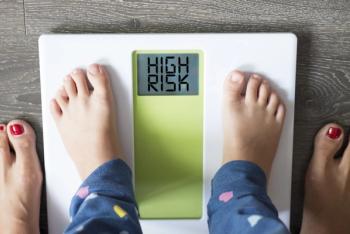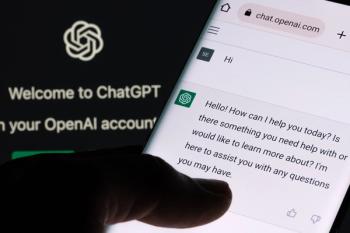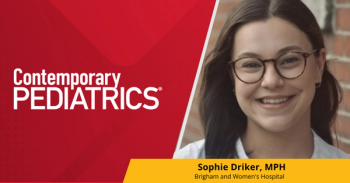
AAP challenges members to speak up for children’s health in 2020
The American Academy of Pediatrics (AAP) reminds its members not to be content with 2019’s achievements in children’s health, but to stand up against new challenges that threaten to undo what already has been won.
With the joyful music of the Andrews Junior Jazz Band, American Academy of Pediatrics (AAP) President Kyle E. Yasuda, MD, FAAP, welcomed attendees, including 2000 visiting pediatricians from 58 countries, to New Orleans for the AAP 2019 National Conference and Exhibition, and in his President’s Address called on the “best minds in Pediatrics” to celebrate the joy of their profession and the differences they have made in the lives of children.
Yasuda pointed out that 2019 was a year of notable achievements in children’s health. The AAP helped pass legislation to protect Medicaid; convinced lawmakers to change policies harmful to immigrant children; met with national groups to address prior authorization, value-based payment, and use of telemedicine; helped to ban reclining infant sleepers from the market; published guidelines for attention-deficit/hyperactivity disorder, sugar in children’s diets, and the harmful effects of racism on child health; worked with a major toy company to launch toys that promote the power of play; and worked to reduce the administrative burden for clinicians.
However, there are new challenges, he said, most troubling: the return of measles as a threat to public health; emergence of lung illness related to vaping; decreasing numbers of children with healthcare coverage; increasing numbers of child deaths from firearms; and the diminished trust in government and venerable institutions that undermines years of advances made in public health.
“The good news is that people do trust the American Academy of Pediatrics, and they trust their pediatricians,” he said to loud applause.
Yasuda outlined the AAP’s agenda to counteract harmful cultural and political misinformation going forward into 2020.
First on the AAP’s agenda is fighting the battle of misinformation among parents who get their medical information from online sources. To counteract this trend, the AAP is partnering with Google, Facebook, and Pinterest to keep vaccine misinformation off their platforms so that when one searches the site for vaccines or immunizations, the first search result is the AAP.
Additionally, the AAP will focus on gun safety and gun violence prevention, and working with the Centers for Disease Control and Prevention and the National Institutes of Health to support a House bill to study gun violence prevention.
Also in the AAP’s agenda is the epidemic of e-cigarette use among young persons and the outbreak of lung disease associated with e-cigarettes, all of which is setting back years of antismoking success. The AAP is working with policymakers to ban flavored vaping products that appeal to children and adolescents and to raise the legal age to purchase these products to 21 years.
Yasuda also said the AAP will address the media portrayal of pediatricians as “vigilantes” who separate children from their parents in suspected cases of child abuse, especially for head trauma, further undermining the trusted relationship between pediatrician and patient.
Lastly, he said the AAP will advocate for action to counter the negative effects of climate change on children’s health.
Yasuda called climate change “the most defining issue of our time” because 88% of its health consequences will be felt by children. Recently, the AAP and 70 media and public health organizations put forth a climate agenda for policymakers and government officials. The AAP also joined the American Heart Association in filing an amicus brief on behalf of Juliana v United States, the “climate kids” lawsuit that is suing the federal government for creating a climate system that violates children’s rights to an environment that sustains life.
Finally, Yasuda announced that the AAP has formed a nature subcommittee of the Council on Community Pediatrics to explore the beneficial impact of the natural world on children’s health and well-being. That subcommittee held its first meeting at the 2019 National Conference.
In closing his address, Yasuda emphasized that the AAP always puts the best interests of children first, and that this mission makes the organization the leading national voice for children. Its 60,000 members represent different countries, ethnic backgrounds, religious beliefs, and political views, and those members may often disagree with each other, but through its members united in its common cause, the AAP will always be the leading advocate for child health.
“This is our calling,” he said. “Let us keep leading the way forward."
Newsletter
Access practical, evidence-based guidance to support better care for our youngest patients. Join our email list for the latest clinical updates.






